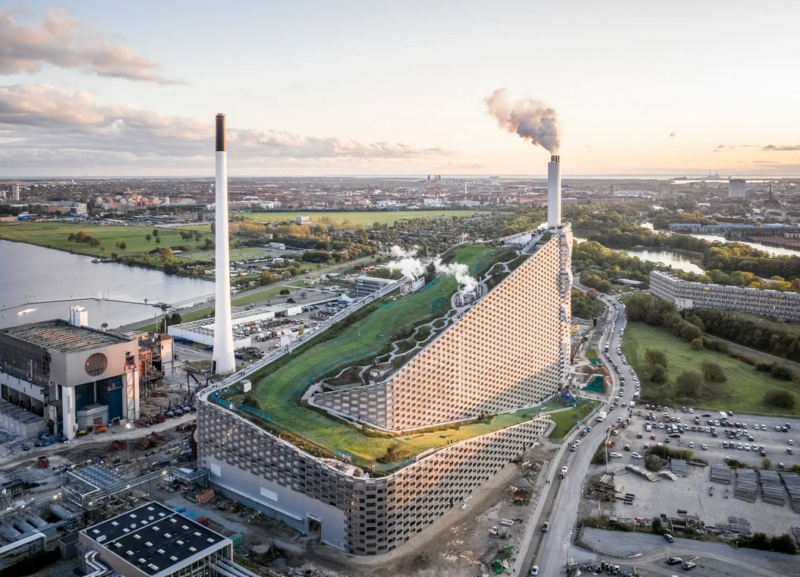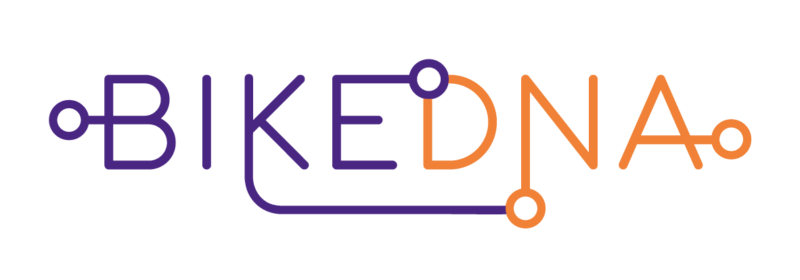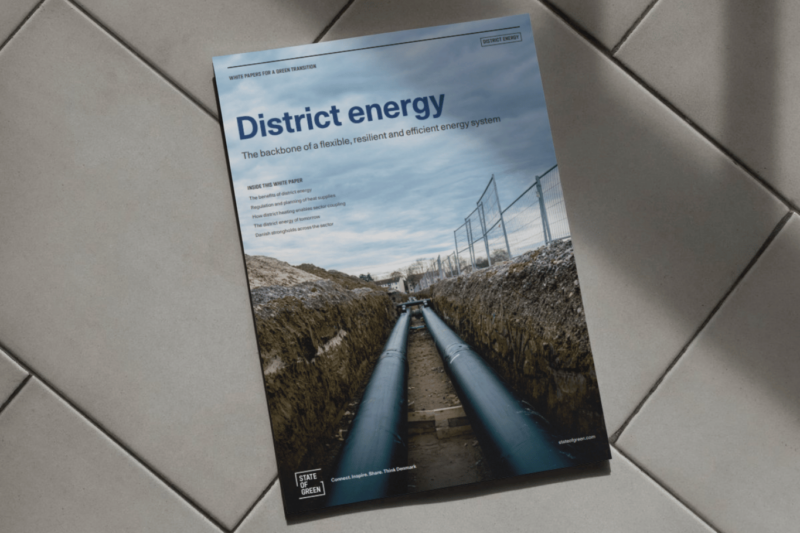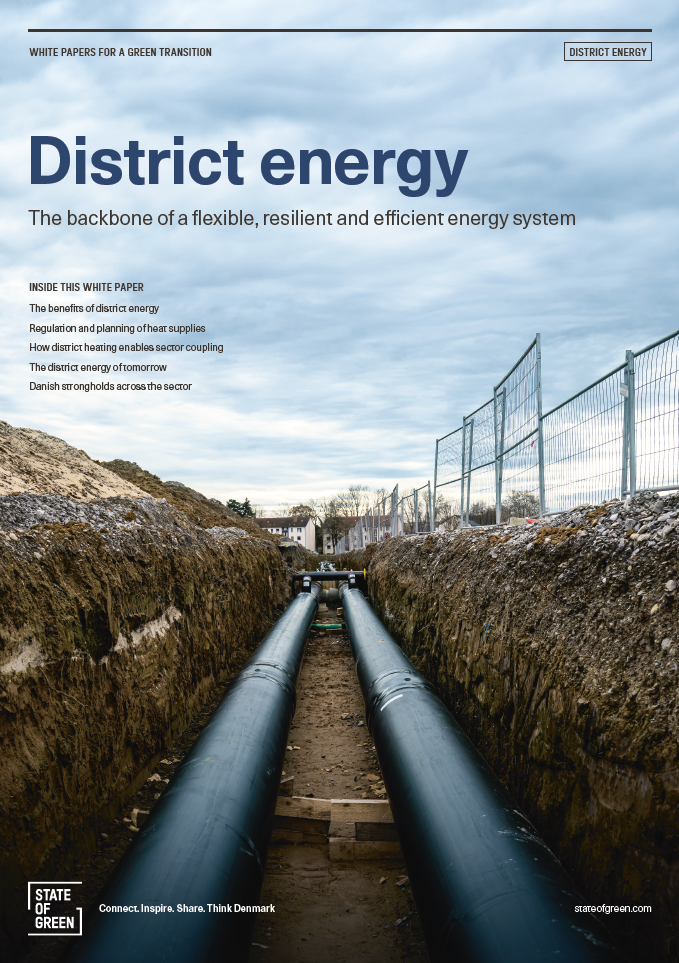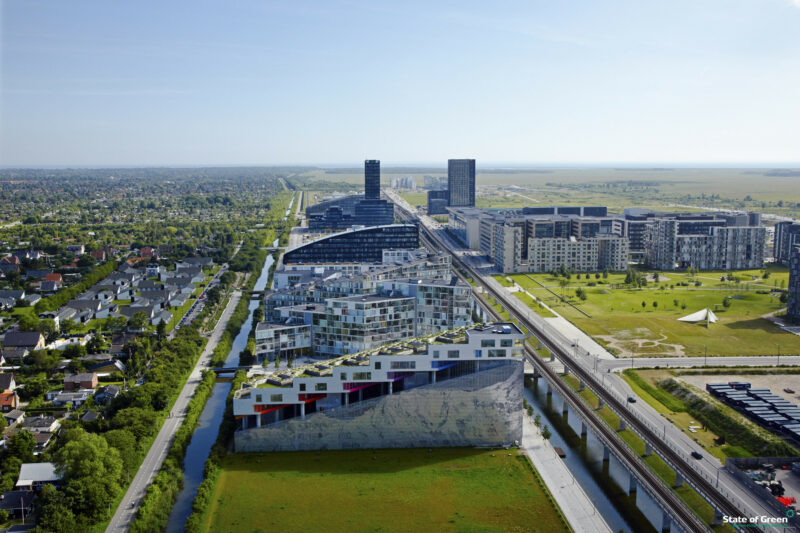News
Smart cities
Smart energy systems
Urban mobility
Electric busses could become the standard transport option for sustainable cities
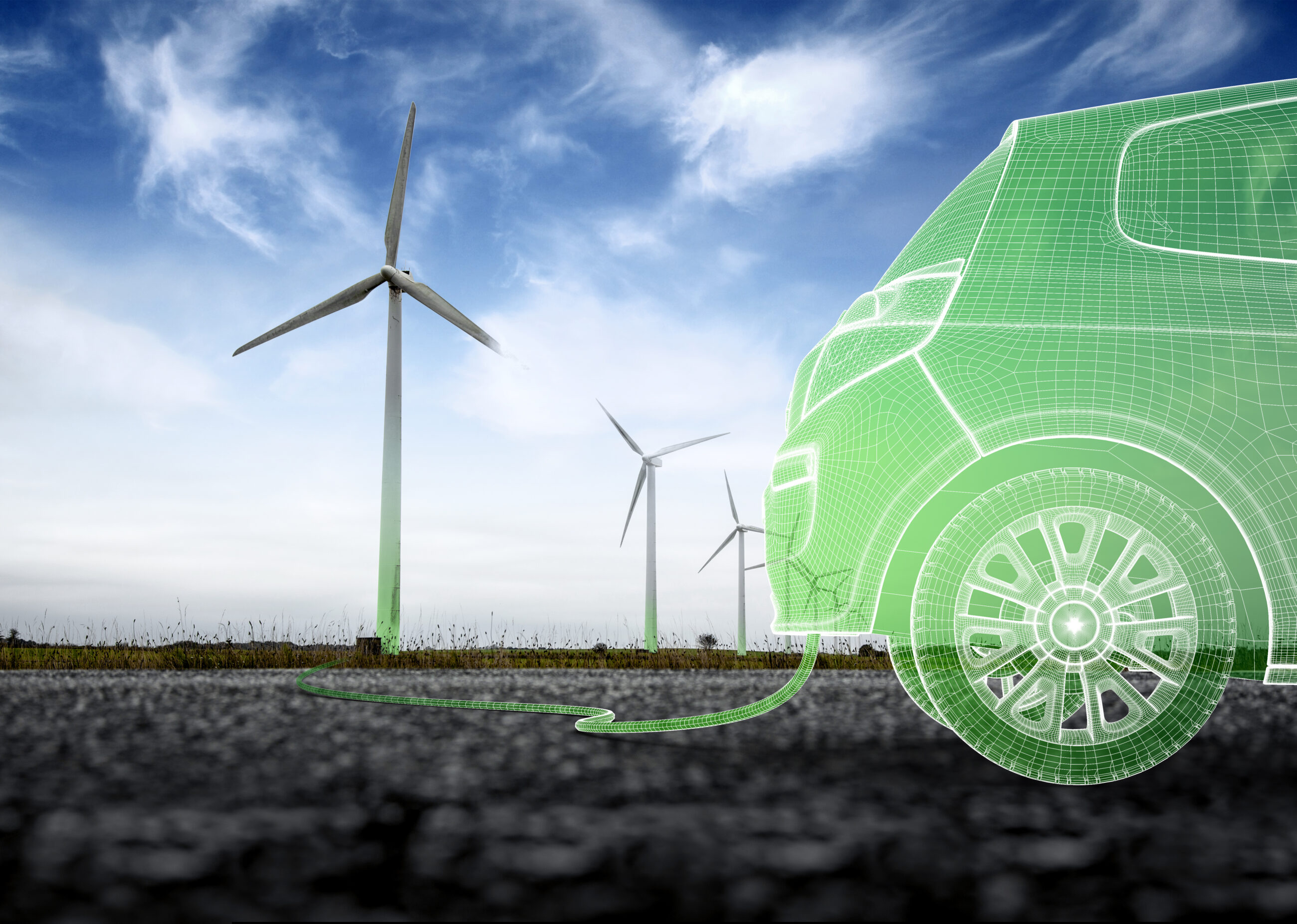

Electric busses are undergoing rapid technologic development. This is primarily driven by Chinese bus manufacturers, who are experiencing demand from both large and small cities in China, as well as growing demand from metropolises dotted throughout the globe.
In Denmark, Roskilde is the first city with a fleet of buses powered by clean electricity. In cooperation with the traffic company Movia, Roskilde municipality has decided to use electric buses for the nine bus routes it provides to its citizens. The city’s buses will transition to electric power by April 2019.
- I am very satisfied with the fact that, due to Roskilde town council’s decision to utilise electric buses, the city of Roskilde can contribute to limiting climate change, something the municipality has have had a lot of experience with over the years in form of several flooding incidents. Someone needs to lead the way in the transition to green public transportation, and I am glad this happened in Roskilde, says Roskilde’s Mayor Joy Mogensen and mentions that the fact that the electric buses will limit Roskilde’s citizens exposure to local air pollution.
An additional benefit is that the new electric busses are expected to significantly reduce running noise.
The cost of transition
The transition to electric busses in Roskilde is taking place without the help of public funding, and according to the companies involved, the cost of the transition will be close to zero.
The additional expenditure, compared to the existing contract with the diesel-busses, is around DKK 1 million (approximately EUR 134,000) per year.
- Related News: Americans are Thirsty for Danish Solutions
Sound socio-economics
In a recent report from the Danish Council on Climate Change, the transition to electric busses is labelled as ‘very expensive’ but price developments look promising.
Niels Buus Kristensen who is a member of the Danish Council on Climate Change and head of the Technical University of Denmark’s Transport department is excited to witness progress in the transition to green public transportation in Denmark.
- Buses’ share of the total emissions in the transport sector is very modest when compared to cars and trucks, but it is a step in the right direction. Furthermore, from a socio-economic perspective it makes sound financial sense if the additional price is only DKK 1 million a year, in comparison to diesel powered busses. The additional costs incurred are outweighed by the reduction in local air pollution (with particles and NOx), noise reduction and naturally the reduction of CO2-emisisons, says Niels Buus Kristensen.
- Related News: Europe Need to Improve Their Waste Recycling Rates
Fossil free bus services by 2030
Managing director Dorthe Nøhr Pedersen from traffic company Movia, soon expects to see electric busses throughout the country, where the Danish capital, Copenhagen will be the next locality to use electric powered buses.
- Movia has, in cooperation with the municipalities and regions, established a common objective to make buses fossil free by 2030. Therefore, we are very happy to see Roskilde Municipality leading the way, and inspiring other municipalities to meet common climate and environmental goals, says Dorthe Nøhr Pedersen, in a press release from the involved partners.
Movia is funded by the European Union’s ELENA-facility under the Horizon 2020 program, to prepare the busses and harbor busses of the transition to electric power.
- Source: Dansk Energi
You should consider reading
solutions
Combined heat and power production
+6
CopenHill: The story of the iconic waste-to-energy plant
20 November 2024solutions
Urban infrastructure planning
+2
SuperBlockify
15 November 2024publications
Combined heat and power production
+9
